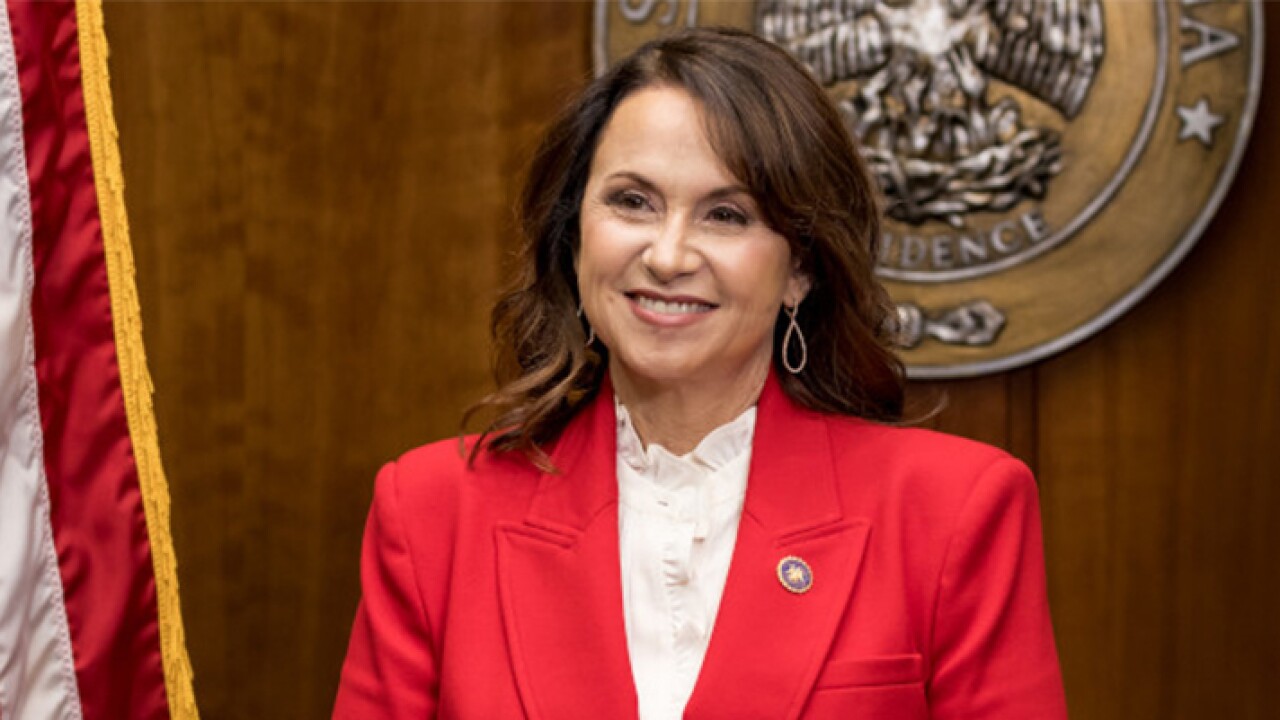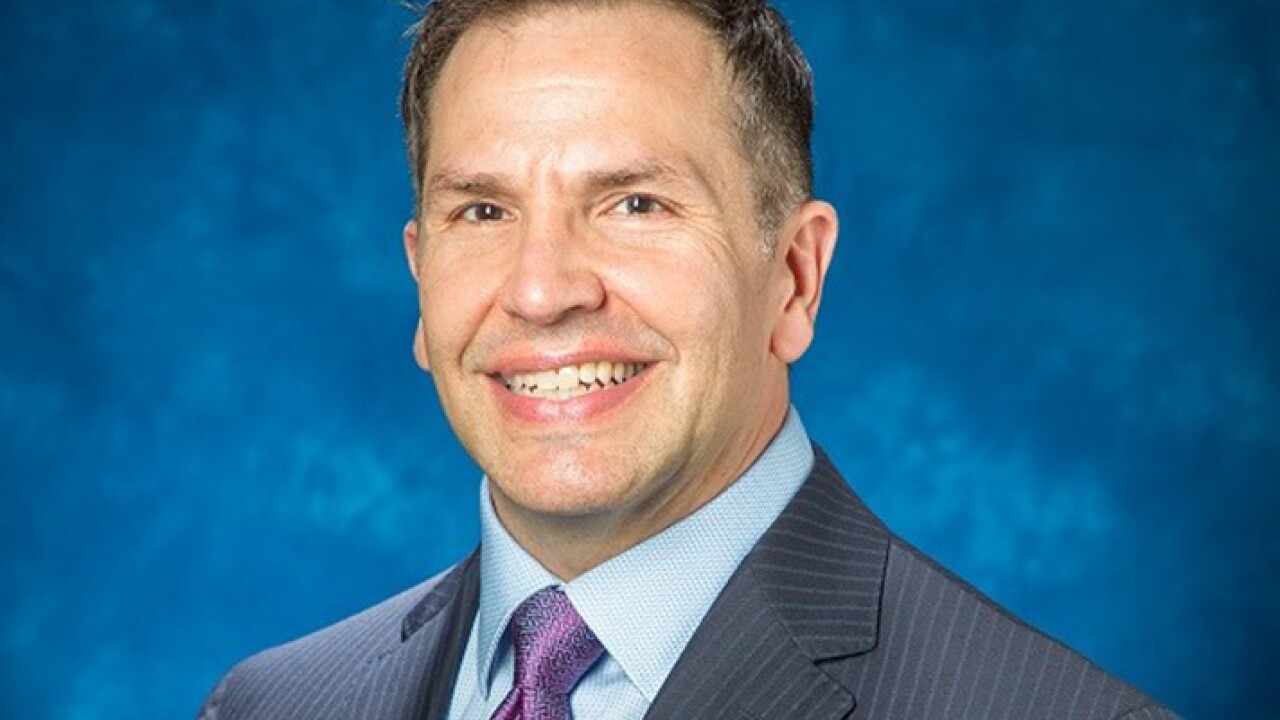U.S. retail sales rose by more than forecast in July as Americans snapped up clothes and headed to restaurants, extending solid consumer-spending gains to the start of the third quarter.

The value of overall sales advanced 0.5% from June, whose gain was revised down to 0.2%, Commerce Department figures showed Wednesday. The median forecast of economists surveyed by Bloomberg called for a 0.1% gain. Excluding purchases of autos and gasoline, sales climbed 0.6%, topping the median estimate for a 0.4% rise.
The data suggest consumer spending is continuing to drive the economy early in the quarter. Tax cuts have put more money in Americans' pockets this year, consumer sentiment remains elevated and a gauge of small-business optimism rose in July to the second-highest level on record.
At the same time, wage gains have failed to accelerate much and have been eroded by inflation in recent months. Economists expect consumption, which accounts for about 70% of the economy, to settle back in the second half of the year after the fastest quarterly gain since 2014.
The report showed so-called retail control-group sales — which are used to calculate gross domestic product and exclude food services, auto dealers, building-materials stores and gasoline stations — rose 0.5%, slightly more than forecast, after a 0.1% drop in the prior month.
Estimates in the Bloomberg survey for broad retail sales ranged from a decline of 0.4% to a gain of 0.8%.
Nine of 13 major retail categories showed increases, according to the Commerce Department data. The improvement in demand was highlighted by 1.3% gains at clothing stores and food services and drinking establishments. Food and beverage stores reported a 0.6% advance, the biggest since December.
The non-store category, which includes online shops, rose by 0.8% following a 0.7% increase. Some analysts had expected Amazon.com Inc.'s Prime Day promotion to boost results.
Filling-station receipts increased 0.8%. The Labor Department's consumer price index showed gasoline prices fell 0.6% in July, though they're up 25.4% in the past year.
Purchases at motor-vehicle and parts dealers rose 0.2% after increasing 0.1% in the previous month. Other data earlier this month showed the volume of U.S. auto sales fell 4% from June.
Weak spots in the retail report included sporting goods and hobby stores, down 1.7%, while furniture-store sales decreased 0.5% and health and personal-care vendors fell 0.4%, the most since February.
Sales at building-material stores were little changed, and electronics and appliance sellers showed a 0.1% gain.





